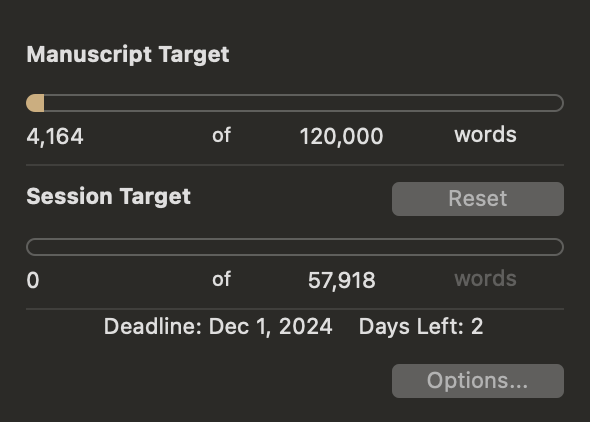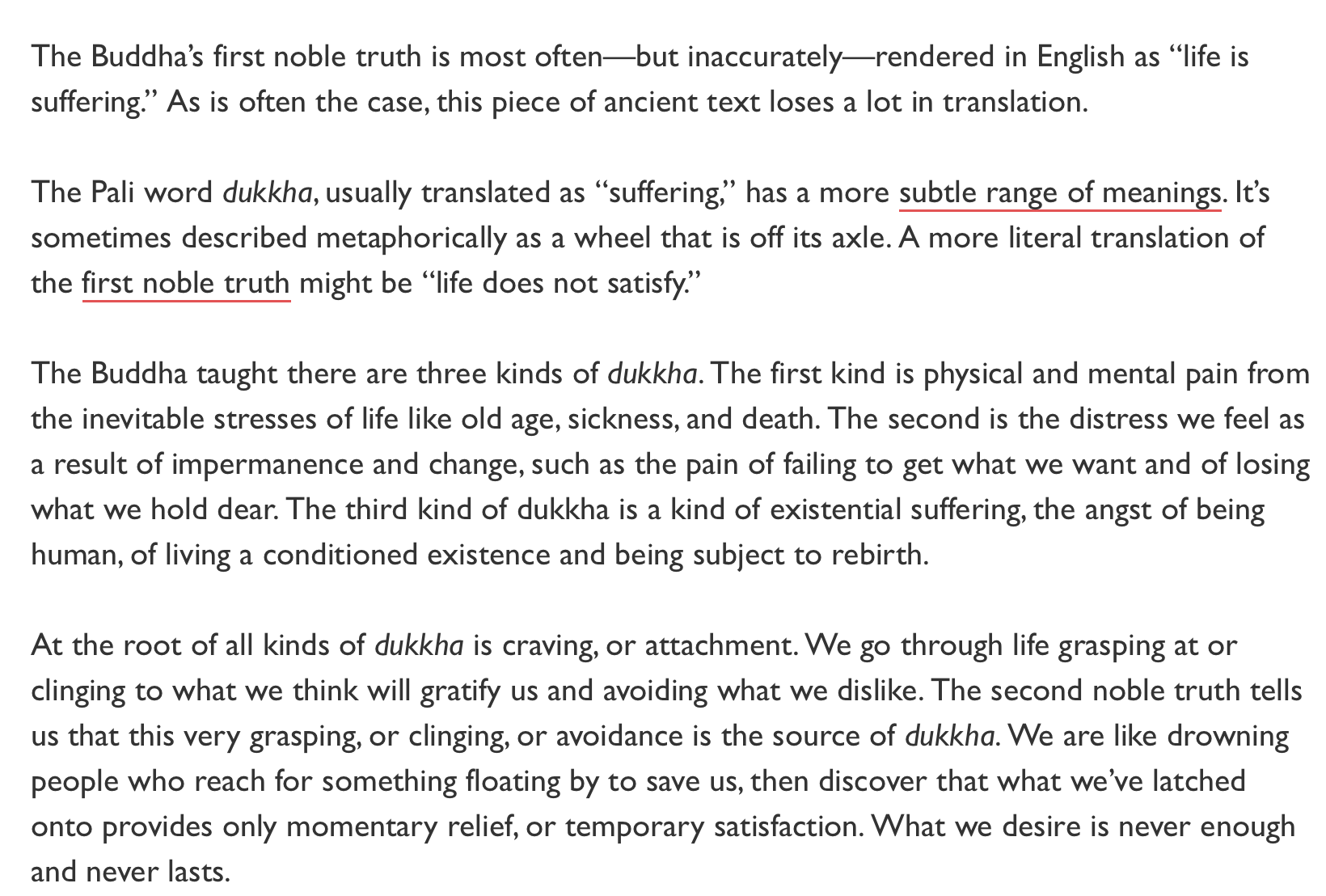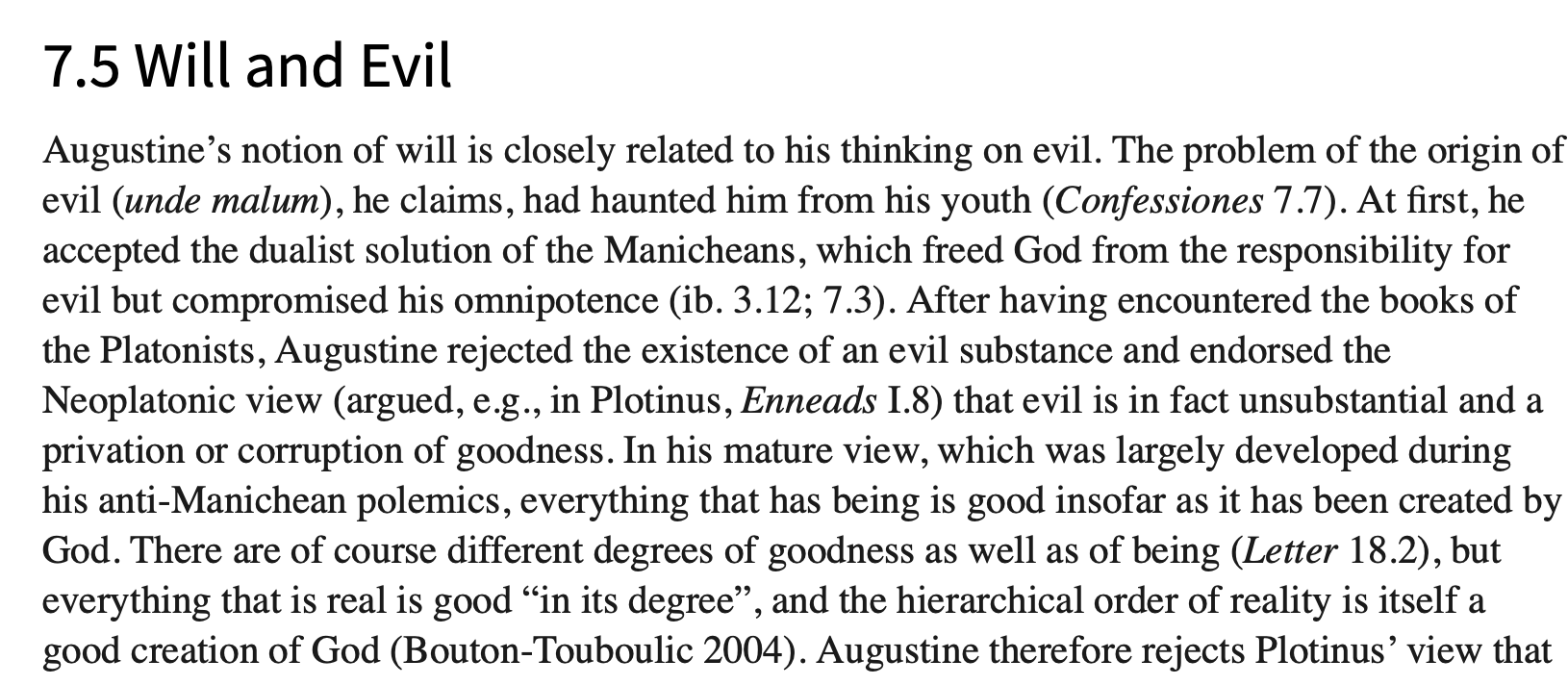Weekly Update - November 29, 2024

Novel

Miscellaneous - part 0
I will be very busy for the next 2 months, maybe 4 months, to focus on a glorious victory, all the way from MAANG, to a chance at marriage.




As a result, I will be missing my mother's birthday.
Happy Birthday, Amma!
Hopefully, you will get cakes that you don't make, from others.
For now my 4 subscribers (including you 😆) and the internet will know of you. Link to instagram reel which has my mother's food, including cakes and dosas.
Until reality catches up to your work for others, here's a digital GIF for you.

GIFS are cheap, easy, and free - so I hope you get back the cake-like love you gave freely to others.
Miscellaneous - part I
This is going to be my last free post, at least for sometime. I wanted to continue providing value to my readers in every post I made, and I can't afford to do so with my current focus on MAANG+ prep.
The following section is philosophical.
Miscellaneous - part II
If you pour water in a cup, and give it to someone, they will drink what is in the cup, not what they want.
If you pour muddy water, then they need to decide how they feel about mud, even if they think the bottom is gold.
Once they drink it though, you can pour water, and everyone sees the gold, without any effort on anyone's part.
Swallowed mud doesn't affect anyone else, and by itself, is an act that removed mud from someone else's shoes.
Miscellaneous - part III
I have a formula for suffering, and here it is:
Person's suffering = persons' ego + good luck - bad luck - other's suffering - goals + delta(Person's suffering)
For my non-STEM readers, by 'delta' I mean suffering that carries over.
This 'carry' is something all adults will know from subtraction, and is also applied for compensating for lag in games.
STEM readers: the event loop uses a delta value to update the screen the gamer sees.
This is important because we want enough math to happen before the video is pushed to the console.
For example!
While playing multiplayer since last year, I noticed that when my horse jumps in a medieval game, I sometimes get teleported 😆
If the lag is high (say, because the server is in china, and I am in Baltimore), by the time data goes back to the server when I clicked 'space', the 'world' would have moved on in terms of other multiplayer actions.
This complicates game logic - arrows move much faster than humans, and 3d multiplayer, shooting games need this sorted out for good user experience.
Since bannerlord is also a simulator of medieval action, even if the code is good, weak infrastructure can trigger teleportation even in 500 AD.
😆
Here are the terms as I mean it:
Here good luck is literal. Like finding a 100$ when you're dying of hunger.
Bad luck, also. Something outside of your control, that's bad in every way possible.
Person is the person it's happening to. I am going to box all these into the concept of equilibrium, like in physics. By equilibrium, I mean relative to the person.
A person's good luck, for example, can be exclusive to him. But in the process it may (or may not) hurt someone else. For example, me finding a 100$ bill can be:
- Someone losing money (their bad luck)
- Someone throwing it away (their ego)
- It was stolen, and thief lost it (their bad luck, and thief's bad luck)
- Kept on purpose to help someone (their ego)
In all 4 cases, it's the person's good luck.
But maybe not for the person who loses 100$ - either way, my equation is from the point of view of the person who "picks" up the bill and "ignores" the fate of the other person as "out of scope". This focus on relativity is important to future claims.
Also, I use the word ego differently than what you might expect.

By suffering, I mean strictly in the buddhist sense.
If I want pizza, and I don't get it, I suffer. If I want it at 5.31 pm on a snowy evening, and I don't get it, I suffer more.
Both lows (I didn't get pizza) are based on an attachment to what I expect (pizza).
One reason I think Buddha was a genius, is that this rationale applies to every expectation that doesn't go well, or goes well. Both pleasure and pain seem to be karmic in their relationship with humanity (or pets).

The scale of the low and high, also changes. For example, not getting pizza when I want something is a trivial low. Not getting a job, though, is "more" low, or worse.
But both are outcomes I don't want, even if 1 is pizza being cancelled, and the other can lead to ordering more pizza if I got what I wanted.
The reverse is also true for getting things we didn't ask for - negativity, for example.
And then, as you can imagine, for sickness, death, suffering, and aging, for all things people don't want, this intuition is right.
People do what they can, to avoid what they don't want, and optimize what is fun.

My formula is objective, but I still can't go into detail here.
For now it's enough if you understand Buddha's point of view - as something more of a 'separation from god' than a 'Buddha said don't suffer, so I will eat pizza, or never eat pizza'.
To say something is true in philosophy, I need to enhance or reject someone else's view, or provide a basis for my view in other 'truths'.
The goal, I guess, is to build a chain of truth, though I guess one can wonder:
If Descartes, thinks, and therefore, is....can there be truth, even if no one is there to think it?
Or more importantly, should I argue the case for a lack of need for truth, since humans bring their own truths to reality, and mark this article as fact....
Or should I mark it as opinion?
Let's mark it as opinion.

Other's suffering is this formula, recursively applied, but to others, from the person's perspective.
For non-STEM readers, recursion is a form of self reference, where a big problem eventually becomes a small problem, but still remains a problem until it's solved.
In terms of this article, recursion would be a person's suffering in relation to others, but in the context of the original person.
So we can chain this formula together for a group, since in real life people don't really have 1 on 1 relationships with others - it's more like, should I say, a social network.

For example!
The context will vary from whether you are a baby (you create suffering for others), or you are a leader of your family (their suffering is yours), a complete inversion.
As a leader, the suffering of your people become yours, even if the reason is that 1 child ate too much for breakfast, and is not ready for a big party 20 others are ready for.
The child's scope, however ranges from indigestion, to hoping for the next chance to eat again, and hoping no one noticed.
Goal can be thought of as ambition here. Working hard for something you don't deserve, or don't have. I mean ambition in the spiritual sense.
While the focus of this definition is 'you don't have this', the applications are varied.
For example, if a persons says something mean to his friend, she would have hurt him.
Likewise, I don't have a job at Netflix.
Both require work - in the first case, it's personal, and in the second case, I need to work hard and suffer in the process.
Writer's side note: this is a story, and you can see this in Mulan.
Mulan's goal is for her father to live - it eventually becomes a subset of wanting China to live. The goal evolves, like in King Arthur: Legend of the Sword.
Typical hero's journey, more so in Mulan's case due to her return home.
Usually, people don't have goals - things happen to them a lot, and they don't do anything about it.
Which is why we like stories where a lot happens, usually in a tragic sense (2 adventurous teens, in Romeo and Juliet) or in a heroic sense (Captain America)

In line with keeping my formula "objective", even if I can't prove it yet, there is no judgement on morality here. That is, I am maintaining the view that suffering is universal.
Finally, I am sure some religions prefer a modest living for believers, and a way to accept God's bounty without focusing on greed.
In that sense, being ambitious enough to buy something God doesn't want for you, is a good way to think of ambition in my article.
Here, ambition is wanting more than given - basically, anything that's not what a monk in a temple wants, ready to use what's offered as alms.
Even if alms include a Ferrari. 😉
Delta (Person's suffering) is suffering along a timeline that carries over. In that sense, this is a recursive formula. But instead of iterations in computer science, think of it as seconds, or years being the "iteration".
Or like hunger that carries over time, leading to a sustained loss of nutrition.
Finally, ego.
I don't mean arrogance. I mean it loosely, from a sense of identity, no identity, or even a mixture of self, biases, and attitudes.
Usually, it's enough to think of this as what a person holds themselves to be, in their hearts and minds.
Again, I can't prove ego, or that an abstract concept like 'ego' exists.
If I do write a proof, the existence of ego would be axiomatic to the formula.
I go on a tangent here, on egos. The next section ties everything together.
I don't see animals as having egos. Taking this further, I would argue that Buddha, like an animal, was free from ego, but used this freedom to help others and not eat meat - a transcendent existence that is still natural at it's core.
So a saint would be someone free from conditioning, but still holds a code of conduct, as needed societally.
For example, hacking a company is bad, and illegal.
However, being asked by your boss to shore up defenses and report bugs is good for a company.
I took permission from my supervisor in Allyis, and entered a lot of punctuation in the field asking for a date.
The website crashed, and my colleague fixed the bug in seconds.
This benefits my employer, and since this was an internal demo to train us on c#, we all learned something.
In that sense, saints are subject to the rules of civilization (harmony over chaos - punish evil) but are also on a spiritual path of mercy, compassion and justice.
When it works out, they are heroes. When it doesn't, though, it's two villains at once - the real villain, (evil's agent) and also the antagonist (society).
This puts the protagonist in a pickle, and is the meat of superhero fiction, and is a common theme in other genres as well.
Should Batman kill the joker, or capture him despite knowing the consequences?
The first is unethical, and the right thing leads to other's suffering, but societal harmony.
This moral code is reflected in a lot of fiction, including tales of 'Vikram and the Betalaa'.
I am pretty sure this is the reference in Makkal Selvan's movie, Vikram Vedha.
Spoiler alert - the villain keeps asking the hero difficult questions, forcing him to consider the morality in each context.
Spoilers over!
No one watches Lord of the Rings, anyway. If they do, they already did, probably.
Think of Gandalf, who goes through the mines of Moria, knowing the balrog awaits him, while Saruman sides with Sauron on the basis of logic, but not ethics.
"Since when did Saruman the wise abandon reason for madness? - Gandalf.
Gandalf pledged allegiance to Frodo, but unlike Saruman, he is ok with death as a result of other's mistakes.
Gandal "comes back", and again, this ties into trusting your people instead of being stronger, which matches a few religious themes, but also why I am afraid of dune 3.
Power is tempting - like Gandalf says, DO NOT OFFER ME THE RING FRODO, (breathes, and calms down) I would take the ring in an effort to do good, but through me, it would wield an evil so powerful I would do evil.
Wisdom has limits, power does not, I guess.

Tangent Over! Putting it all together.
Person's suffering = persons' ego + good luck - bad luck - other's suffering - goals + delta(Person's suffering)
This formula is only scientific in the sense that it captures my intuition with a strong basis in logic. It's not provable.
If I were to semantically explain what '+', '-', '=' mean, I would get into math, and how it interacts with the philosophical nature of suffering - sotierology, the study of salvation.
In philosophy, ego, luck, suffering, math, and the purpose of life are all fair game.I am going to take that route at some point.
But story writing is better with this formula.
For example - in modern novels, the hero suffers the most. Whether's it's a girl who was cheated in a relationship, a child who wants to join a circus as a lion tamer, or a super-hero story, it's likely the protagonist will suffer the most.

This formula can help writers see analytically who the hero is, among other applications.
For example, if you saw Inception, I was surprised when I realized Ariadne was the hero. Her suffering in a lot of cases wasn't her doing, and she played a huge positive role.
Can you guess who brought the most suffering to the movie?


I am going to use the above formula, respecting a 1 to 1 mapping for Inception. You might want to skip, mild spoilers for Inception.
Ariadne's suffering = architect + getting trained well - Cobb's suffering - heist + delta(Ariadne's suffering).
The last term becomes 0, as she learns how to build worlds....once she understands dreaming, she feels empowered enough to contribute, and enjoys it. She is no longer a trainee.
Cobb's suffering, however, becomes more and more center stage, as the movie gets longer. It's about him, since he's the hero.
From Cobb's perspective:
Cobb's suffering = architect + go home to his kids + delta(his suffering).
What others were going through because of him were largely irrelevant to his goal of returning home - they were a means to a happy ending.
No honor among thieves?
Anyway, from this angle, who do you think is the hero?
Assuming that the ego is something that separates us from what's good, or divine, we can go into religious studies, like theology, with this formula.
A christian, native african, muslim, or dharma philosopher will have various opinions / theories and perspectives.
Fun fact - Ubuntu, the linux distribution, is an African word.
"Ubuntu is named after the Nguni philosophy of ubuntu, "humanity to others" with a connotation of "I am what I am because of who we all are".[8]"
College, am I right?
Learn weird things on wikipedia, and play video games in class.
Let's jump back to philosophy.
Paraphrasing Stanford's Encyclopedia, the problem of evil is:
how can an all knowing, all powerful, always loving, God, allow evil to exist?
Here is St. Augustine's view on the problem of evil, which I really like:

The definition is itself STEM-like, except it uses qualitative quantities. Technically, if these concepts can be measured, then we are into science, for real.
For now, I will mark this as opinion, and see if I can prove this by tying to something else, in a way that makes sense.
It's also possible this view already exists.
If something is created, but it already existed, is it re-creation? - Suman P. Jampala
Or just recreation?

Conclusion
Thanks for reading my articles, so far!
If you want to sign up for paid content, or occasional free (but random) things, sign up somewhere on this site, or here.
There's 3 paid tiers - 1 for the student, 1 for the philosopher of fantasy, and 1 for readers of literature.
For random, unpaid things, signing up for the free tier should be enough!

If you want more quantity before paying, I'd recommend waiting for some more time.
I have some drafts too, that I am editing - maybe check around mid 2025.
You can also search for topics in the search bar.
Don't want to?
Here are some tags for you all:
- Funny
- Computer science
- News (right now, it's mostly weekly updates). Looking back, I am about 2500 words in since March.
- Free resources. Aggregation of free links from the internet. Novel focused.
- My article on science building, and world building, for free.
- Me.
Thanks for stopping by, and happy Friday!

Member discussion